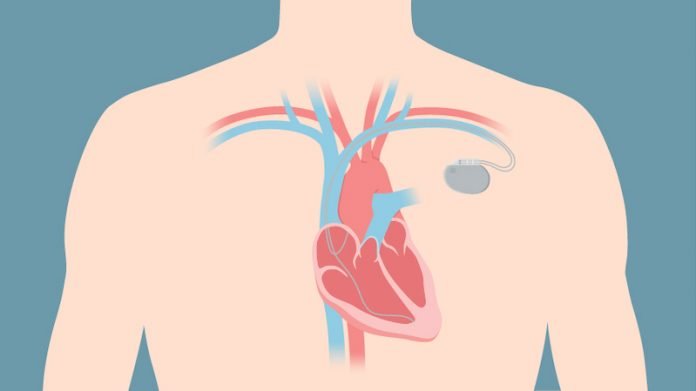
Abnormal heart rhythm can be life-threatening.
One effective treatment is using implantable cardioverter defibrillators (ICD), which work by delivering either a painless pacing sequence or a jolt of electricity.
However, people who use ICD may experience anxiety and stress. Previous research has shown that about 30% of ICD patients have some form of distress related to the device, such as anxiety, depression or PTSD.
Leah Brock, a social worker at the University of Michigan Frankel Cardiovascular Center outpatient clinic, provides useful advice to help patients combat anxiety and stress.
Have a safety plan.
People should be familiar with the medical clinic’s directions on what to do when they’re not feeling good. They should know whom to talk to when they need assistance.
It is also important to keep the phone charged and within arm’s reach at all times. Keep family or loved ones informed about the daily activities you will do.
Make sure it is easy to get medical care when traveling.
Also, be mindful of how you’re feeling and be able to identify symptoms that might lead to your ICD activating.
Don’t use safety crutches.
Safety crutches include constantly checking a personal heart rate monitor, always staying at home, avoiding exercise or activities, completely relying on others for security, and so on.
These things can lead to unnecessary anxiety for patients and their families.
Reduce the ‘avoidance behavior’
People tend to avoid things linked to an ICD shock, such as the behavior you were engaged in or the place you were when the shock occurred.
But the fact is that the arrhythmia and subsequent shock had little to do with their environment.
To reduce anxiety, people need to gradually expose themselves to what makes them feel unsafe.
Believe you are a survivor, not a victim.
This can make patients thankful for surviving cardiac arrest and believe their ICD has the ability to save their life.
When people realize their strength and resilience, they become more confident and less anxious.
Focus on things you can control.
This means people can do many things to minimize the risk of their ICD firing, including taking their drugs, exercising, eating a healthy diet, improving sleep, reporting symptoms to their doctors, and having their devices and health checked regularly.
Copyright © 2019 Knowridge Science Report. All rights reserved.



